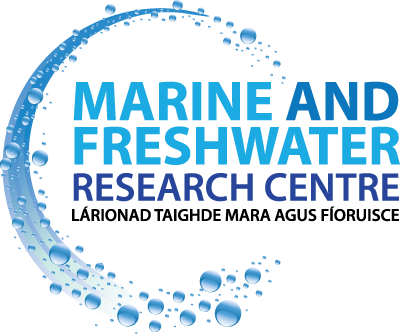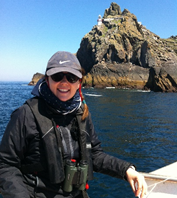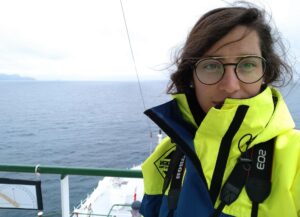Strategic Infrastructure for improved animal Tracking in European Seas (STRAITS)
This project aims to provide a newly integrated and coordinated European marine tracking network under the auspices of the ETN, a developing international consortium on aquatic tracking. STRAITS aims to address the major biodiversity monitoring gaps across Europe by installing and supporting major marine infrastructure lines using state-of-the-art tools for oceanographic and animal tracking in four major European seas (i.e. North Channel, Danish Straits, Straits of Gibraltar and the Dardanelles).
The STRAITS infrastructure will be compatible across all of Europe, with tagged animals including crustaceans, fishes, turtles, and seals, and the integration of passive listening stations which will detect untagged animals such as cetaceans that utilise acoustic sounds to communicate and locate prey. These animals move at multiple temporal and spatial scales throughout their lives, influencing ecosystem function as they enter and leave areas, and turning local harvesting and tourism activities on and off. Tracking these important and large-scale movements with pan-European infrastructure can provide critical information on when, where, and why animals move, when, where and how much fishing should be allocated, how animals are responding to climate change and other anthropogenic threats, the overall health of ecosystems, as well as providing the knowledge needed for industries and policy setters to develop spatial protections and other marine management directives in line with EU policies (e.g., Marine Strategy Framework Directive, MSFD; Common Fisheries Policy, CFP; Natura 2000 Directives).
STRAITS is a consortium of 10 partners from across Europe and Canada lead by the Loughs Agency in Northern Ireland. In this project, the Atlantic Technological University will be responsible for monitoring marine mammals and the soundscape at different sites across Europe.




